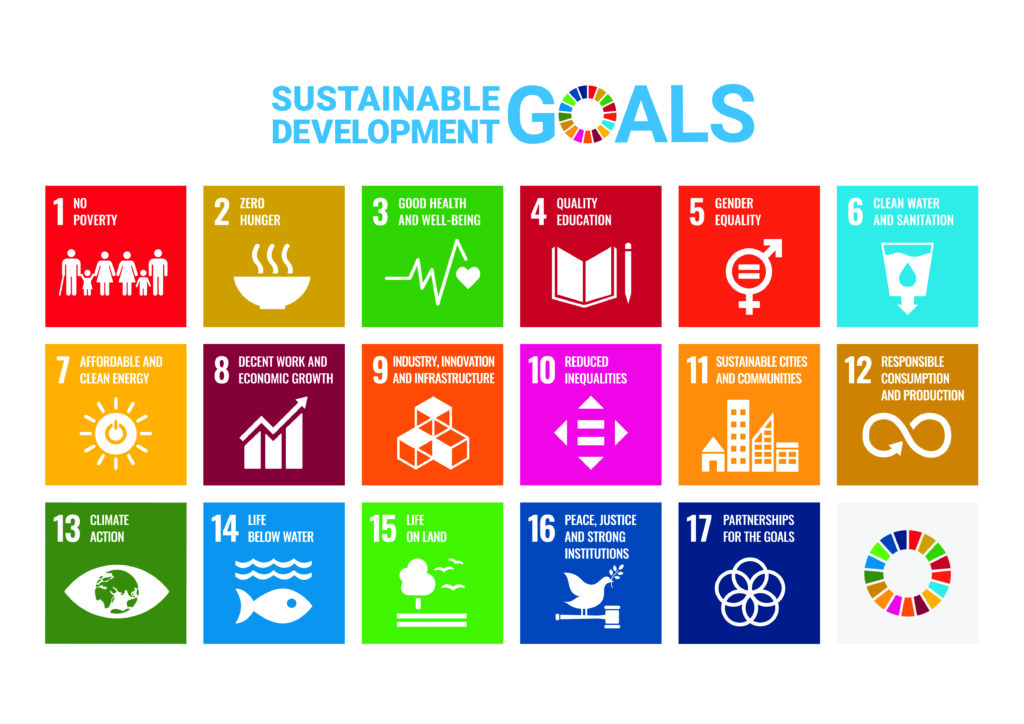ASG Global
Every infrastructure we build and operate is not just a road; it is an opportunity to innovate, protect and connect. Because transforming routes also means transforming lives.
We are a leading transport infrastructure management company, specialising in the development and operation of motorways and mobility solutions across Europe and Latin America. We are dedicated to providing safe, efficient, and sustainable transport services that allow us to continue transforming routes and transforming lives.

12 Motorways

2 Commercial ports

1 Electronic toll operation
Atizapán-Atlacomulco (AT-AT)
At Aleatica's Sustainability Management, we develop our strategy in alignment with the international ESG agenda, integrating it with our company's own needs and priorities. We determine these priorities through corporate and Business Unit materiality analyses, which allow us to identify our key sustainability challenges and opportunities.
Our Sustainability policies and standards, together with other internal guidelines, reflect these commitments and establish clear benchmarks to guide our performance on ESG matters.
Through this framework, we aim to mitigate risks, enhance our sustainable performance, and generate social and environmental value for our stakeholders.
This reaffirms our commitment to responsible growth as we drive innovative practices that align with the best global benchmarks in our sector.
Our sustainability strategy is based on both impact and financial materiality. That is, we use a Double Materiality Analysis to determine the relevant issues for our business units. Based on this, we develop strategies to manage these material ESG (Environmental, Social, and Governance) topics with our stakeholders, thereby contributing to the operational continuity of our business. Our globally material topics are:
01.
Occupational health and safety
02.
Business ethics
03.
Employment
04.
Training and education
05.
Managing current and potential ESG impacts
06.
Greenhouse gas (GHG) emissions
07.
Adaptation to climate change
08.
Energy
09.
Waste
10.
Biodiversity
11.
User Experience
12.
Safety and health of users
13.
Compliance with legislation and regulations
14.
Cybersecurity
15.
Corporate Governance
16.
Local communities
17.
Social investment
18.
Diversity, equality, and inclusion (DEI)
We establish indicators and objectives, both shared and individual, for the short, medium, and long term.
We seek to generate a positive impact, therefore, we work with our suppliers so that they gradually, and above all, based on training and accompaniment, also comply with environmental and social legislation related to the type of service they provide, as well as with ESG aspects, such as safety, human rights, anti-corruption, code of conduct, among others.
We are also adhered to the UN Global Compact and, therefore, to its 10 Principles associated with the protection of the environment, decent work, and the fight against corruption.
We also meet the Sustainable Development Goals (SDGs) of the 2030 Agenda through the initiatives and strategic actions detailed on our Annual Report.
Applied International Standards
The audit firm bases its verification work on the following international frameworks and regulations:
Global Reporting Initiative (GRI) Sustainability Reporting Standards
The entity's Non-Financial Information Statement was prepared in accordance with the GRI Standards.
International Code of Ethics for Professional Accountants (the IESBA Code)
The firm complies with this code,
International Standard on Quality Management (ISQM) 1
The firm applies this standard to its quality management system,
International Standard on Assurance Engagements (ISAE) 3000 (Revised)
The limited assurance and verification engagement was conducted in accordance with the requirements of this standard,
Independence
The auditor’s independence is primarily guaranteed through compliance with the International Code of Ethics for Professional Accountants (the IESBA Code).
The report highlights that the firm adheres to this code, which is based on the following key principles:
Integrity
Objectivity
Professional competence and due care
Confidentiality
Respect the confidentiality of information obtained.
Professional behaviour
Furthermore, the application of the International Standard on Quality Management (ISQM) 1 reinforces this independence by requiring the firm to implement a control system that ensures compliance with all applicable ethical requirements and regulations.
Ownership Structure
Aleatica is wholly owned by the Australian fund IFM Global Infrastructure Fund, which is managed by IFM Investors.
A pioneer in infrastructure investment, with $145 billion under management, IFM Investors promotes sustainable and ethical investment practices that benefit communities.
No executive or director of Aleatica holds shares in the company, nor are there any founding partners or shares belonging to a founding family or similar entity.
Key financial figures
|
Item (euros)
|
2021
|
2022
|
2023
|
2024
|
|---|---|---|---|---|
|
Total revenue 1
|
810,100,000
|
1,089,400,000
|
1,437,400.000
|
1,614,900,000
|
|
Operating expenses
|
559,857,000
|
751,473,000
|
807,517,000
|
894,915,000
|
|
Employee-related expenses
|
100,086,000
|
87,091,000
|
105,338,000
|
118,016,000
|


